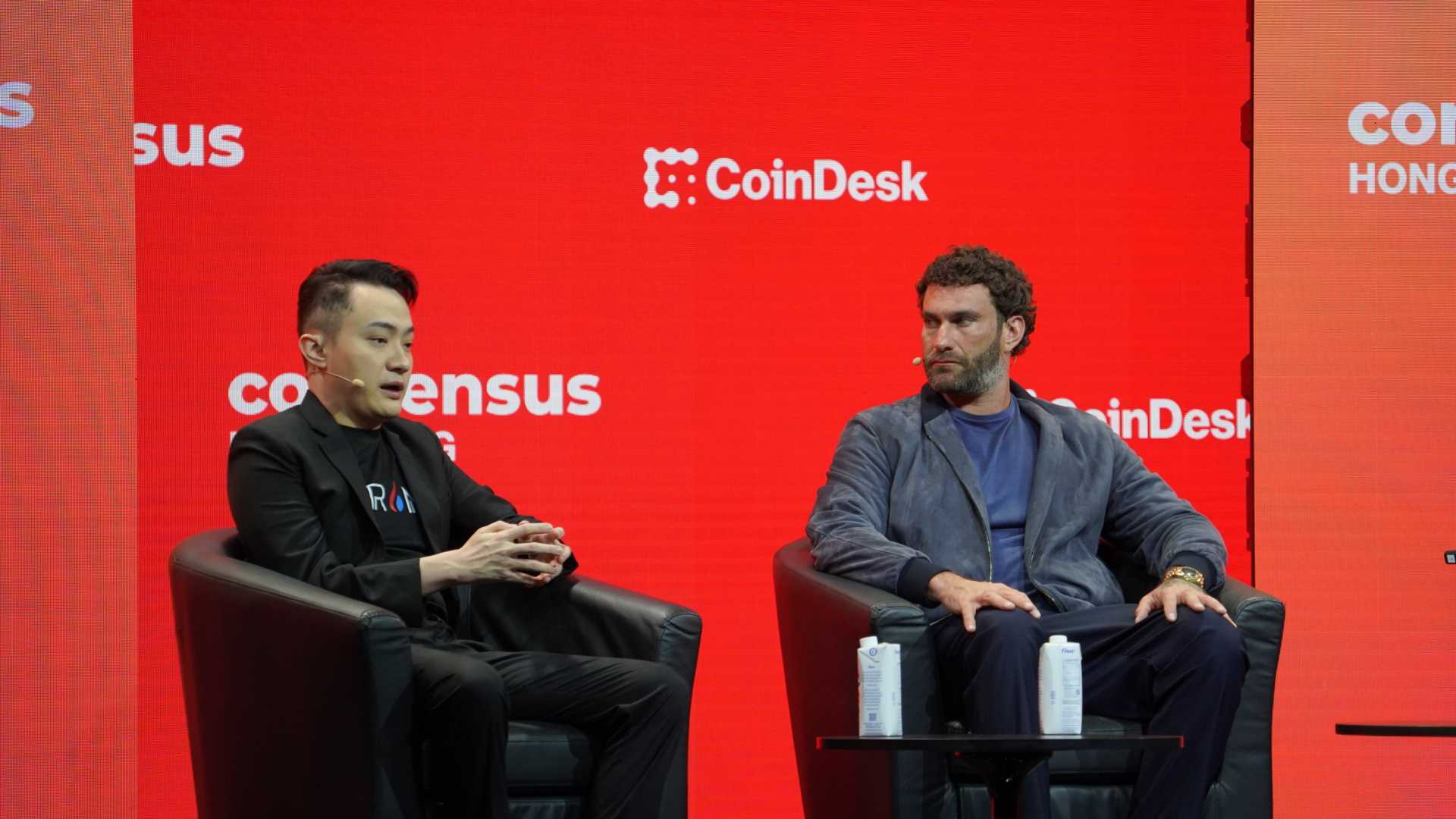World Liberty Monetary (WLFI) is defending its choice to freeze a whole lot of wallets, together with Tron discovered Justin Solar’s, saying the transfer was meant to guard customers from phishing-related compromises, to not stifle regular buying and selling.
“WLFI solely intervenes to guard customers, by no means to silence regular exercise,” the mission wrote on X.
We’ve heard neighborhood considerations about current pockets blacklists. Transparency first: WLFI solely intervenes to guard customers, by no means to silence regular exercise. 🦅
— WLFI (@worldlibertyfi) September 5, 2025
WLFI stated earlier this week that 272 wallets had been blacklisted, with roughly 215 of these linked to a phishing assault and 150 compromised by means of help channels.
Justin Solar’s WLFI handle was frozen on Fridayfollowing a number of small “dispersion check” transfers between his personal wallets after claiming unlocked tokens at launch, none of which had been gross sales.
The outbound transfers from Solar-tagged wallets made it seem that the big-name WLFI investor was promoting his tokens, however onchain knowledge paints a special image.
In a put up on XNansen founder Alex Svanevik identified that Solar’s transfers did not match the timeline of WLFI’s token decline.
Nansen knowledge reveals Justin Solar transferred 50 million WLFI price about $9.2 million on Sept. 4 at 09:18 UTC — three to 5 hours after the token’s steepest drop — which means the switch adopted the crash moderately than triggered it.
Onchain knowledge from Nansen reveals a $12 million WLFI switch from HTX to Binance by a third-party market maker.
The tokens had been borrowed utilizing HTX’s personal capital as a part of a routine rebalance, however the transfer got here after WLFI’s sharpest declines and was too small to have moved the market, contemplating WLFI has a each day buying and selling quantity of over $700 million.
As soon as deposited on Binance, it’s unimaginable to find out whether or not the tokens had been offered or just held.
Market contributors as an alternative level to broad shorting and dumping of WLFI by means of market makers and buying and selling desks throughout a number of exchanges as the actual driver of the crash.
Onchain information again this view: a switch from BitGo to Flowdesk flagged by Nansen, coincided with the beginning of WLFI’s slide and has grow to be a key datapoint in explaining the sell-off.
In the meantime, WLFI’s choice to freeze funds linked to the crash set off nervous chatter amongst whales, market makers, and different buying and selling desks that their tokens might be frozen by literal fiat.
“If they will do it to Solar, who’s subsequent?” is how an individual conversant in conversations amongst massive market contributors paraphrased it when chatting with CoinDesk.
WLFI is presently buying and selling for $0.18, in line with CoinGecko. It is down 40% since itemizing.


